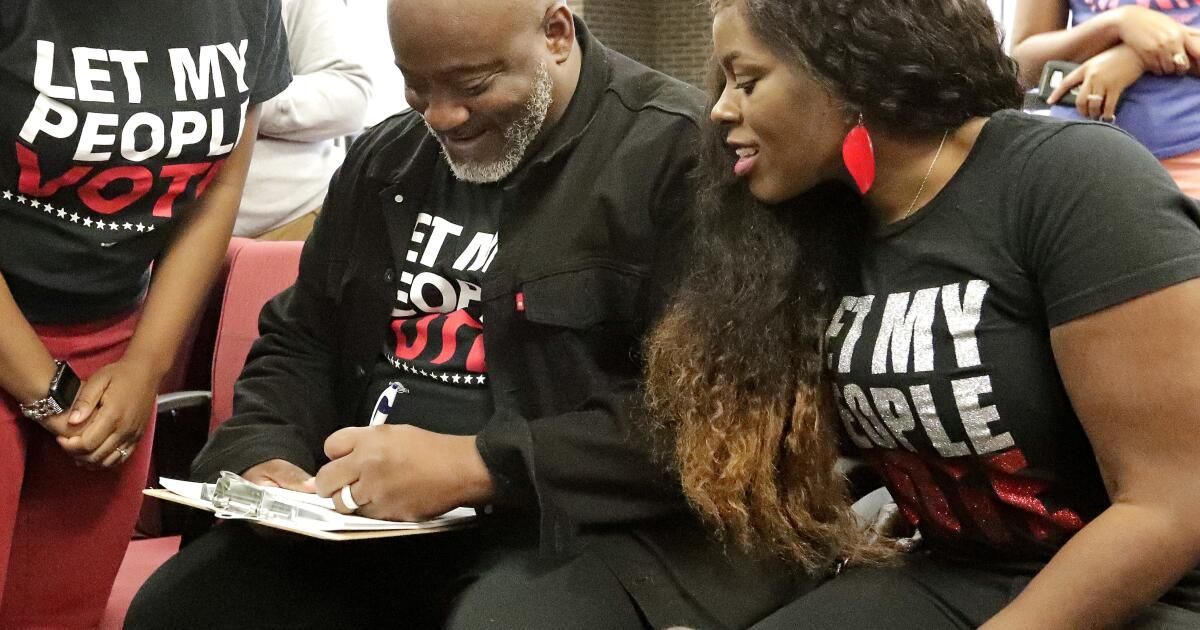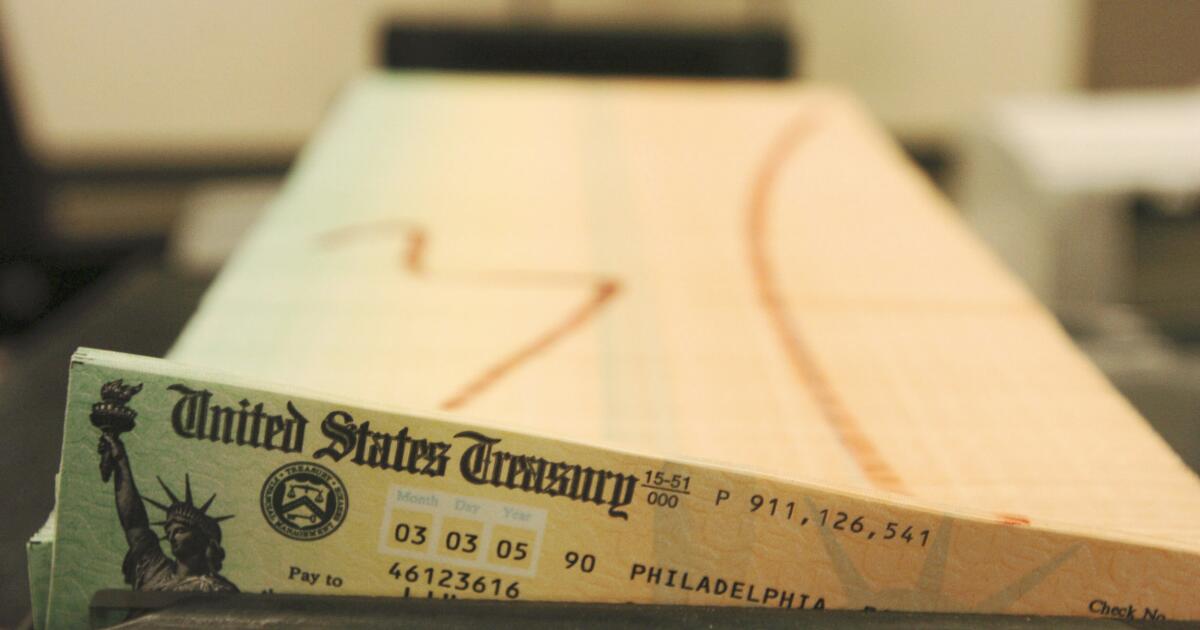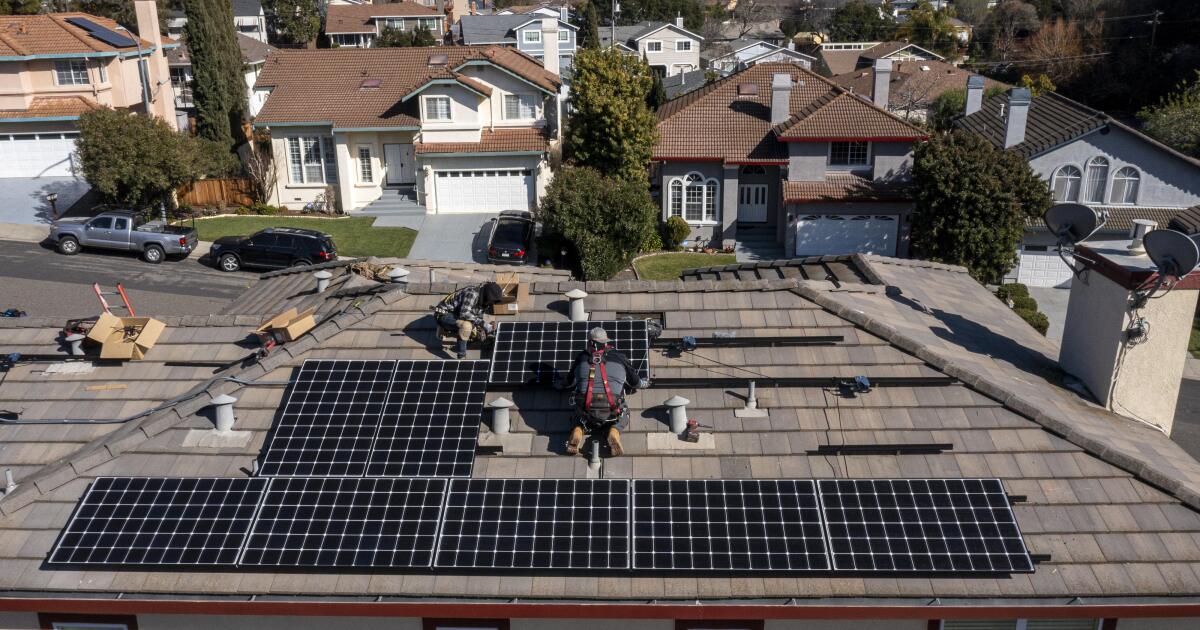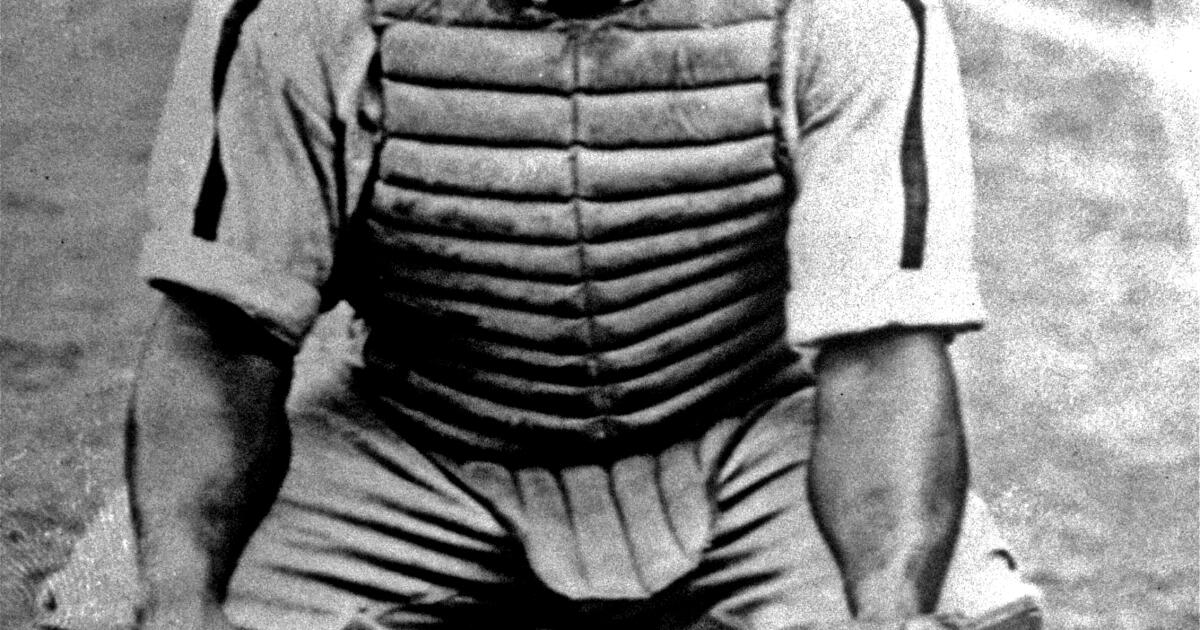Voting is not a privilege. It is a right guaranteed by the United States Constitution. But a group of citizens have long been denied that right in some parts of the country.
In half of the states, including California, people convicted of felonies who have completed their prison sentences return to their communities with the right to vote automatically and immediately restored. In Hawaii, Maine, and the District of Columbia, people retain their right to vote even when incarcerated.
But the other 25 states have at least some temporary restrictions on voting for people formerly incarcerated for felony convictions. In 10 of those states, people convicted of certain crimes, such as murder and rape, are permanently banned from voting, unless in most cases pardoned by the governor.
Banning people who have served prison sentences from voting is deeply unfair and reckless. It is difficult enough for people convicted of a felony to return to their communities, find work, and reestablish relationships with family and friends. Depriving them of their rights only stifles their efforts to reengage not only in society but also in our democracy. It is even more scandalous when you consider that people returning from prison are counted in the US census for purposes of representation in Congress and in the electoral college. (Even in prison, they count them.)
Therefore, it is encouraging that Senator Laphonza Butler (D-Calif.) has introduced a bill, the Next Step Home Act, that would restore the right to vote in elections for federal offices, such as members of Congress, to some who were convicted of a felony and sentenced to federal prison when they return to their communities and finish their probation (or parole in some cases). It would not apply to state elections.
However, Butler's bill does not go far enough and would exclude too many people, primarily benefiting those who were released under the First Step Act. This bipartisan criminal reform bill was signed into law by former President Trump in 2018 and allows certain people to participate in rehabilitation programs that give them credit to shorten their time in prison or take advantage of sentencing reforms.
Butler's bill also includes elderly offenders who are considered less likely to commit a crime again and restores their voting rights even if they are still under home detention. completing his probation.
But the nearly 30,000 people released under Step One are a fraction of the 3.5 million Americans no longer incarcerated but still disenfranchised in federal elections, according to the Brennan Center for Justice, which supports the Butler's Bill.
So why would you seek to help only this particular segment of the ex-prison offender population? Because, apparently, that is what has a chance of being approved by both houses of Congress. This would need 60 votes to overcome a filibuster in the Senate, and, according to a Butler spokesperson, anchoring it to the First Step Act could help it gain bipartisan goodwill from that earlier bill.
In fact, there are at least three other Senate bills: the Democracy Restoration Act by Senator Benjamin L. Cardin (D-Md.), the Freedom to Vote Act by Senator Amy Klobuchar (D-Minn. ) and the Inclusive Democracy Law. Senator Peter Welch's (D-Vt.) bill: Would restore the right to vote in federal elections to all previously convicted felons. Butler is a co-sponsor of all three.
The bigger question is why there is so much resistance to restoring the rights of people who were convicted of a serious crime. There is no valid reason or concern for public safety that could argue against it. Restoring the right to vote to a person released from prison is not the same as giving them the right to own a gun.
More troubling is that the laws used to prevent incarcerated people from voting are rooted in racism that dates back to before the adoption of the 15th Amendment to the Constitution in 1870 guaranteed all men the right to vote. One way to prevent blacks from exercising that right was to deprive everyone convicted of a crime of their rights. Today, Black people are nearly four times more likely than non-Black adults to be disenfranchised due to a past conviction.
Of course, we hope Butler's bill passes, even if it only reduces the disenfranchisement of a group of previously convicted people. But if Congress really acted fairly and intelligently, it would pass one of the bills restoring federal voting rights to all people convicted of felonies who have served their time. Ignoring them is a transgression of justice and a violation of your constitutional rights.












